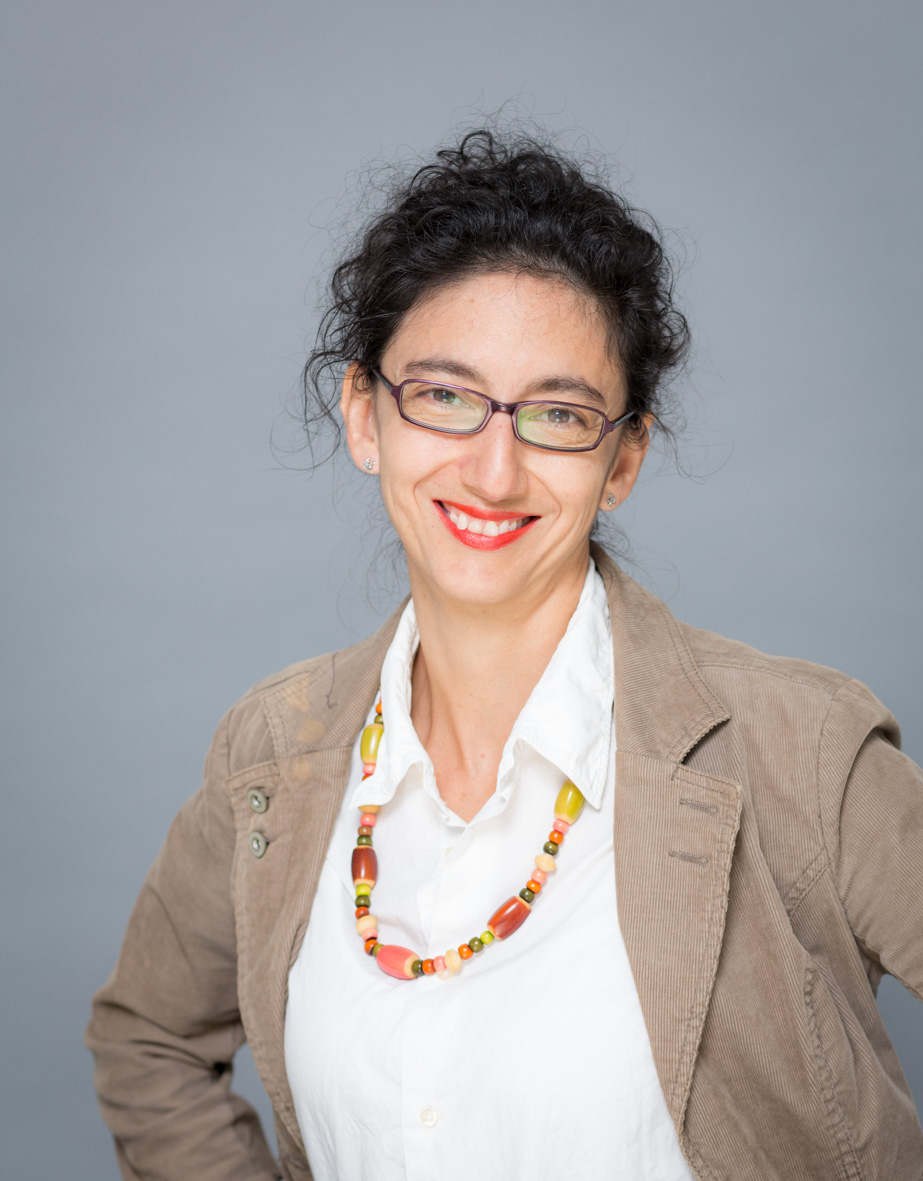
Country: Germany
María José Barragán Paladines obtained a Ph.D. in Geography at Memorial University of Newfoundland in St. John’s, Canada. After her Bachelor degree in Biological Sciences, she pursued an M.Sc. degree in Sustainable Resource Management at the Technical University of Munich (TUM) Germany, where she dealt with Marine Protected Areas (MPAs) and marine wildlife management. Later on, at doing her Ph.D., she brought together the human dimensions perspective with the marine resource governance and conducted empirical research about governability of the Galapagos Marine Reserve (Galapagos Islands, Ecuador), involving small-scale fisheries and tourism.
She has been part of varied research clusters at the Too Big to Ignore (TBTI) Project – Global Partnership for Small-scale Fisheries Research. She currently is a post-doctoral researcher within the Development and Knowledge Sociology Working Group at the Leibniz Centre for Tropical Marine Research (ZMT), Bremen-Germany. She also collaborates with the European network based-COST Action CA15217 “Ocean Governance for Sustainability - challenges, options and the role of science”, under the Nutrition Security and Food Systems Working Group.
Maria José has been building a research agenda fostered under the sociology of knowledge tradition, applied to marine resources. She looks at a) the ‘meaning making’ processes of coastal-marine ecosystems and their resources, b) how they are being made sense of, by local coastal communities, and c) how discourses influence policies and practices. Additionally, her research interest focuses on the role small-scale fisheries play in the achievement of food security in the Global South, with specific attention paid to Latin America.
1. What are you currently working on within the context of SSF?
Currently, my research partially focuses on how to better understand the meanings associated to some coastal marine resources, and their influence in the construction of knowledge and thus in policies and practices put in place, transforming the users’ realities. Additionally, I also look at the role fish-as-food plays in addressing food insecurity, from the standpoint of international (global) bodies (e.g., FAO, WHO) that are dealing with food insecurity, from a purely terrestrial perspective.
2. If you could single out one or two most significant factors for securing sustainability of SSF, what would these factors be?
Sustainability of small-scale fisheries goes hand-in-hand with the viability of the fishing communities. Thus, I argue that by strengthening fishing communities’ social-bonding elements, and by empowering communities’ leaders, sustainability of small-scale fisheries could be achieved.















